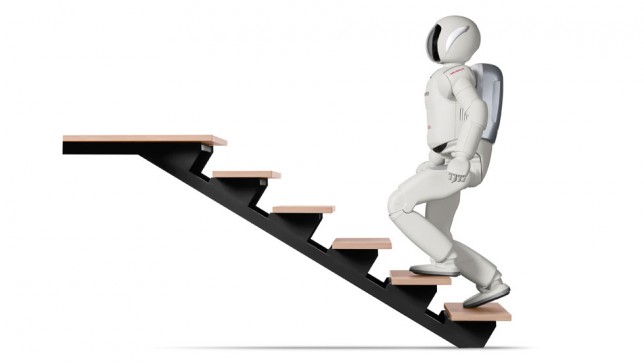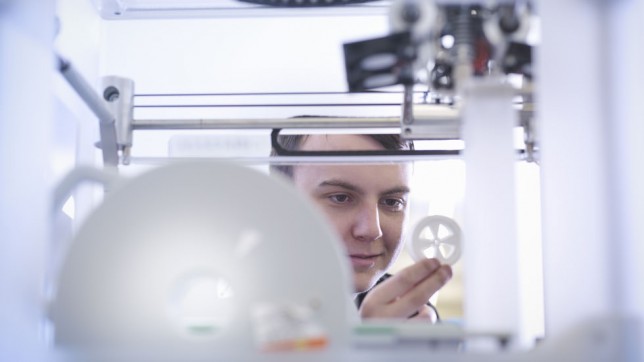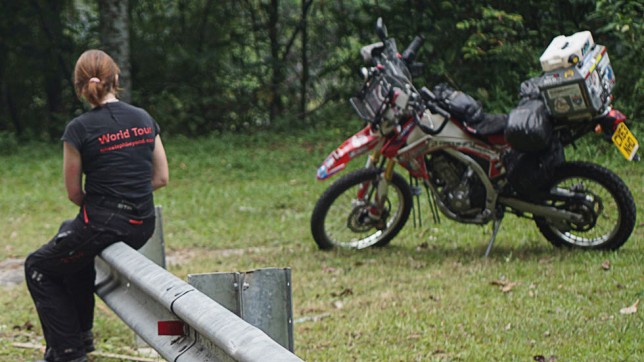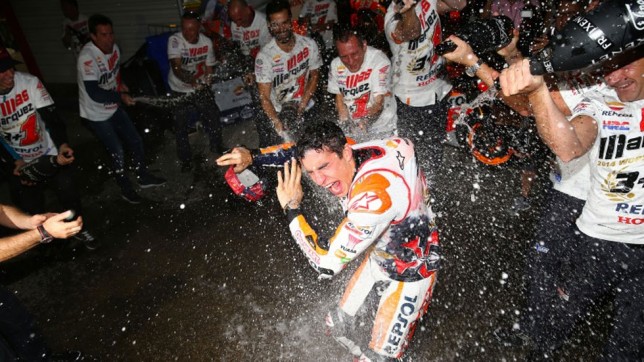by Bonnie Friend
‘I remember in 2007 I had the idea that, by now, women would have started seeing wrinkles as a sign of authenticity and realness’ says Richard Watson, prefacing a chat about his career predicting the future with an undertone of humour. ‘In hindsight that was ridiculous.’
Richard, you see, is a futurologist. Which is pretty much what it sounds like in that people, and particularly companies, pay him to predict the future; ‘which I do’, he admits, ‘because people ask me to, and because it’s fun. What I really do though is try to get people to think about the future rather than being reactive. Then on a more formal level I test different possibilities, different visions of the future and see how resilient they are.’
It’s a good point. We live in a world where there is so much information flying around at a rate of knots, it isn’t a huge surprise that we are not able to think about possible futures because we are running as fast as our little legs will carry us to keep up with the version that we are immediately faced with.
So, with a world of technology, engineering, and innovation at our fingertips the burning question has to be: What does the future look like to a futurologist and how are leading developments shaping our (possible) futures?
Robotics
‘It hasn’t become entirely commonplace in the domestic arena yet, but robots are being used increasingly, especially in the army and in industry. From that, drones and other robots are becoming more prevalent.’ Richard highlights that the term ‘robot’ does not generally refer to the amiable humanoid variety that Hollywood would have us envisage… unless of course you happen to have met ASIMO.
Genetics
‘Genetics is getting very interesting,’ Richard says, ‘manipulating our genes, which is a concept that then bumps into regenerative medicine and extending life spans. I don’t think it’s inconceivable that we are far off seeing people live up to 200 years. Why not? We have already doubled our lifespan from where it was 100 years ago. Although personally I don’t think that is a great idea as I think the beauty in life comes from its limited time, but that’s another discussion.’
3D printing
Given the recent news about five year old Hayley Fraser in Inverness, who was born without fully formed fingers and was given a 3D printed prosthetic hand by US-based company E-nable, it is no surprise that Richard’s thoughts of the future also include this unique area of innovation. ‘People are getting hysterical about 3D printing. Could you print food for astronauts or a pair of shoes in Africa? I am reserving judgement on it but it could be helpful!’
Neurotech
‘There is so much research into how the human brain functions, says Richard. ‘Could you upload experiences to the brain like The Matrix? Probably not for another 50 years or so, but talking to scientists it seems we might not be that far away from downloading dreams. Then there is the discussion about telepathy – we already have mind-to-machine technology where we can talk to machines through thought, so how could that develop? Could you jump in your car without a key and just tell it to go? Could we have mind-to-mind communication? It’s terrifying.’
Self-driving cars
‘For a long time I thought self-driving cars was a ridiculous idea, but that’s because I love classic cars. Now I think they are definitely coming. I don’t think they will replace cars as we know them; I think it will be like Kindle and paper books – it just changes the experience. The traditional experience becomes more of a luxury; something to be enjoyed, while self-driving vehicles will make motorways and parking more efficient.’
What does it all mean?
By the end of my conversation with Richard my mind feels somewhat blown by the sheer scale of possibilities that have been brought into my world in the space of an hour but I am simultaneously energised.
In that moment I get it. I get the importance of what Richard does. It isn’t robotics, neuroscience, genetics, or 3D printing that’s important, it’s the way we think. Opening the mind’s eye to a world beyond our own (both on an individual and cultural level) and imagining all the possibilities. It’s about the mindset needed for innovation. After all, surely it’s the mindset that separates the truly innovative brands and individuals from the rest?

















